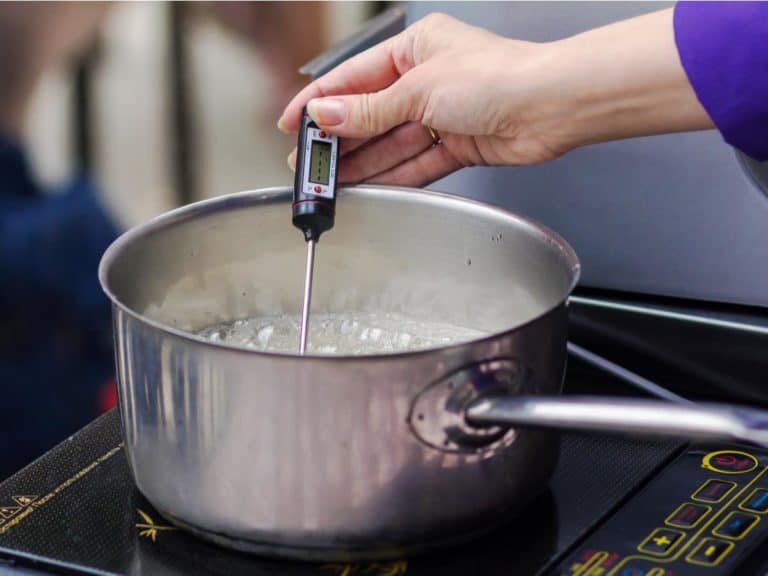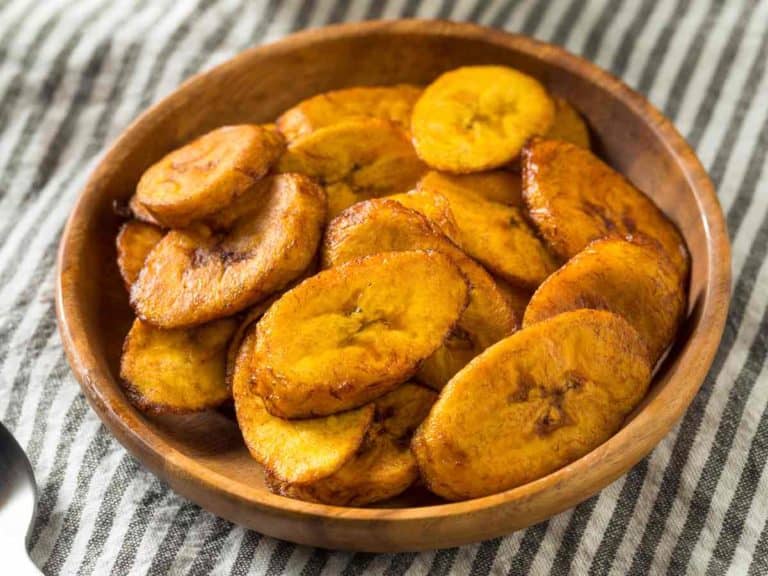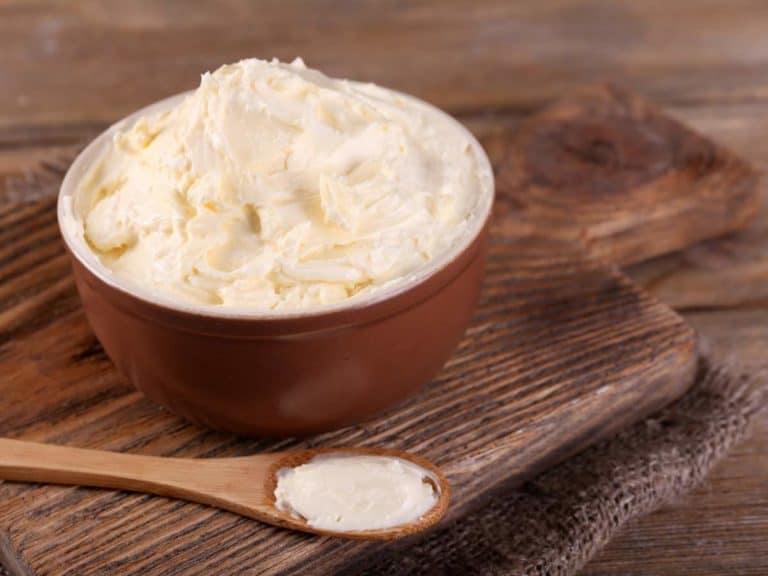Best Flour for Biscuits
The best flour for biscuits is one that creates the perfect rise, something that is not achievable without needing some modifications in pastry, cake, and all-purpose flours. Many cooks from the South attest to the excellence of this type of flour and some of its best brands, which we will determine in this article.
The best flour for biscuits is the self-rising flour. The most popular brand in this category is the White Lily self-rising flour. Many bakers and home users attest to the excellence of self-rising flour and the White Lily brand. Other self-rising flours brands also produce great results.
Self-rising flour is preferred by many makers of biscuits because of its many qualities. It is pre-mixed with ingredients such as soft wheat, hard wheat, and leavening ingredient, among others. This flour creates the perfect biscuit rise.
Below is a list of some of the best self-rising flour for biscuits:
White Lily Self-Rising Unbleached Flour – a lower protein and gluten flour known for making fluffy and light biscuits. It has not been treated with chemical bleaching.
White Lily Self-Rising Unbleached Flour is my preferred brand when it comes to baking biscuits.
Orgran Self-Rising Gluten-Free Flour –self-rising and gluten-free, as well as an all-purpose flour that is certified kosher, egg- and dairy-free, vegan, GMO-free, wheat-free, yeast-free, and has no artificial flavors, preservatives, or colors.
Doves Farm Self-Raising Gluten-Free White Flour – a self-raising and gluten-free flour blend milled with wheat- and gluten-free rice, tapioca, potato, buckwheat, and maize. It has no nuts.
While some bakers consider the flour as not the most important factor, and even consider it irrelevant, it is only logical to think that the type of flour matters.
Some people believe that the commonly available all-purpose flours are equally viable in making biscuits, and while this may be true, they may also not be the best flour to use for making the ideal biscuit.
Some bakers view the belief that biscuits require a special flour as just a myth, but bakers know otherwise. The use of the “right” kind of flour has a definite impact on how the quality of a biscuit will turn out.
But what is the best kind of biscuit anyway?
The best biscuit can be classified as the one that is light, super fluffy, and has that signature melt-in-the-mouth buttery taste. In addition, grandmas from the South say that lower-gluten flours are the ones that should be used.
All-purpose flours result in biscuits with a texture that is chewier and have less fluffiness. While these biscuits may still be as delicious, the desired lightness and fluffiness is only produced by finer and lighter flours.
For a lot of bakers of biscuits, the flour brand or type is not the definitive factor for good flour, but other ingredients such as the fat and buttermilk content as well as good technique.
Some bakers successfully make good biscuits with flour blended with other flours or several other ingredients, such as blending all-purpose flour and pastry flour.
Three Best Flour For Biscuits
White Lily Self-Rising Unbleached Flour

This product has been considered the favorite of cooks in the South for many generations. It has a lower protein and gluten content compared to most flours. It is known for making exceptionally fluffy and light biscuits. It has not been treated with chemical bleaching.
As a self-rising type of flour, it contains baking soda or powder and salt. It helps create light and fluffy products. It is made from 100 percent soft red winter type of wheat.
In my experience, the White Lily brand self-rising flour is superior compared to common store brands and self-rising substitutes. It gives me better results than other flours. With White Lily, the biscuits are rising right away.
And since this brand has the lowest amount of grams per inch, it has a more delicate, lighter feel and is not dense or dry. It can arguably be the finest flour I have ever used. If you want to have the perfect Southern biscuit, I can confidently say you can’t do without it.
The downside to this product is that it is quite expensive for a flour. However, it confirms the saying that you indeed get what you paid for. This flour makes the perfect, authentic biscuits that only our grandmothers could make in the past.
Orgran Self-Rising Gluten-Free Flour

This self-rising, gluten-free flour is also an all-purpose flour. It is ideal for making artisan breads, pancakes, waffles, decadent pies, pizza, muffins, and of course, biscuits. It is also certified kosher, egg- and dairy-free, vegan, GMO-free, wheat-free, yeast-free, and it has no artificial flavors, preservatives, or colors.
This flour was made with the intention of health-conscious consumers in mind. It is for people who are aiming for an improvement in their well-being.
It is also ideal for diets that are allergen-free, and is recommended for people who suffer from coeliac disease, diabetes, IBS, lactose intolerance, anaphylaxis, candida, and other related maladies.
It is made in the Orgran production plants that are among the few facilities in the world that are dedicated strictly to the manufacture of gluten- and allergen-free foods. It continues to implement the Total ‘Free From,’ a solution that has been around for more than 30 years.
It is the pride of Orgran to make products that do not trigger most of the eight common food allergies worldwide, indlucing allergies to eggs, milk, nuts, sesame, wheat, soy, fish, and shellfish. This is Orgran’s guarantee and more.
Because of these special attributes however, I found that this product has a serious downside, and this is its cost. It is quite expensive compared to the regular flour.
I did find that it made very tasty biscuits, however, so I think it is worth the cost. It also produced excellent pastries, though I am aware that even excellent products require the proper baking technique in order to turn out great.
Doves Farm Self-Raising Gluten-Free White Flour

This flour is also self-raising and gluten-free. It is blend milled using naturally wheat- and gluten-free rice, tapioca, potato, buckwheat, and maize. It does not contain nuts. It is a good alternative to the common self-raising wheat flours that require extra liquid for many recipes.
I found this product to be excellent in making pancakes, Its quality is amazing. In addition, it can be thoroughly enjoyed by my loved one’s gluten intolerance. It also results in perfect consistency in my biscuits. The added buckwheat flavor is great as well.
My gripe with the product is that it has a horrible packaging, with the flour spilling from the bag. The use of paper for packing is not wise since it was almost sogged wet. The great quality of the product is ruined by the poor packaging.
If it will be packed in waterproof plastic and protected from contamination, spillage, and the elements, this product will be absolutely perfect.
In addition, being gluten-free makes it much more expensive in my opinion. However, I will still continue using this product because of the great results it brings in my biscuits. It is also excellent for use in my cakes, cupcakes, and pastries. They rise well to my utter satisfaction.
Conclusion
Personally, I believe that self-rising flours are the first choice for making biscuits, and White Lily is the brand leader. This is also corroborated by many White Lily consumers.
You can also use fine pastry-type flours, as well as all-purpose flours when tweaked a bit, particularly the addition of baking soda and salt. These are all viable options. For biscuits, White Lily self-rising flour and other similar types are recommended.
Another point that should never be forgotten is the proper technique in baking biscuits regardless of the flour used. This is not only as important, but may even be more important than the ingredients.
Related questions
Is there a difference between unbleached and bleached flour?
Strictly speaking, all flours eventually become bleached. It is the bleaching process that separates the two. Manufacturers make bleached flour by treating it with chemical catalyst agents that speed up the aging process. Unbleached flour, on the other hand, bleaches naturally with age.
Bleached flour has a finer grain, whiter color and softer texture. Also, the color, grain, and the resulting baked products vary with these different types of flour. Foods made from bleached flour have a brighter color, are softer, and have more volume. It is best for pie crusts, cookies, quick breads, pancakes, and muffins.
What can make biscuits fluffier?
To help make your biscuits fluffier, you can use cold butter, which will melt, creating steam during the baking process. In addition, you can avoid developing the flour’s gluten by only gently mixing your dough, as well as kneading only as little as needed. Baking the biscuits closer to each other also encourages the biscuits to rise.





![Best Rice To Use For Fried Rice [Restaurant Style]](https://foodwine.com/wp-content/uploads/fried-rice-1561890997-768x576.jpg)